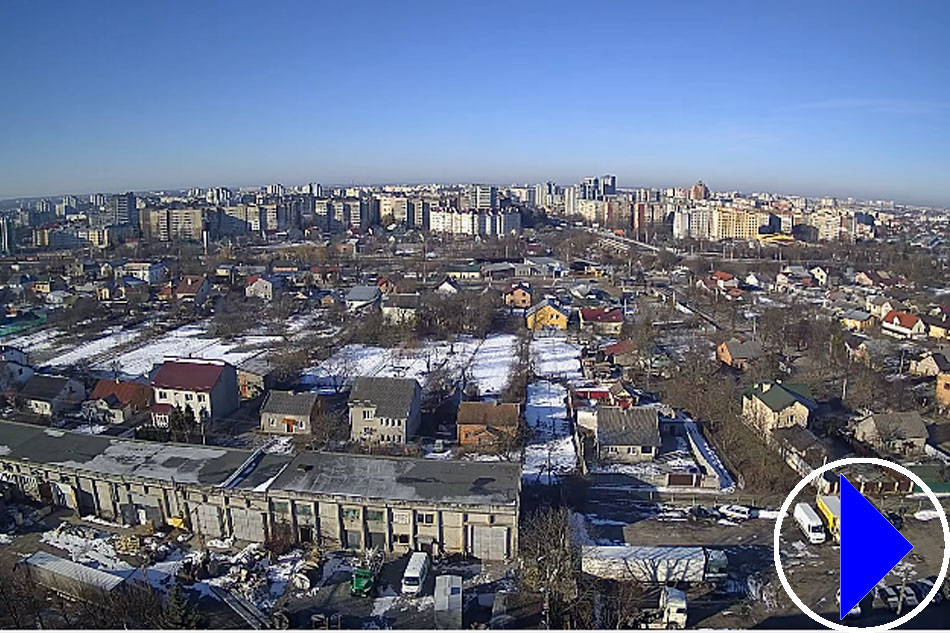More info: The city of Lviv is located in western Ukraine, around 70 kms from the border of Poland.
After the German-Soviet invasion of Poland in 1939, Lviv became part of the Soviet Union, and in 1944–46 there was a population exchange between Poland and Soviet Ukraine. In 1991, it became part of the independent nation of Ukraine.
Citizens of Lviv strongly supported Viktor Yushchenko during the 2004 Ukrainian presidential election and played a key role in the Orange Revolution. Hundreds of thousands of people would gather in freezing temperatures to demonstrate for the Orange camp. Acts of civil disobedience forced the head of the local police to resign and the local assembly issued a resolution refusing to accept the fraudulent first official results. Lviv remains today one of the main centres of Ukrainian culture and the origin of much of the nation's political class.
Lviv is the seventh largest city and the cultural capital of Ukraine and is the one of the most popular tourist destinations in Ukraine. Lviv has over 2500 architectural and historical monuments, and is included in the UNESCO World Heritage List.


